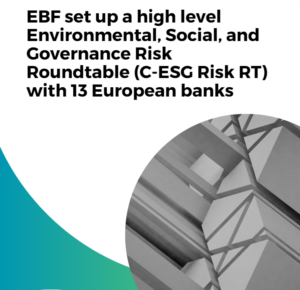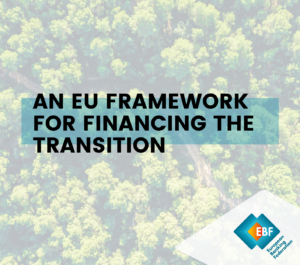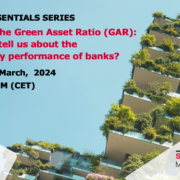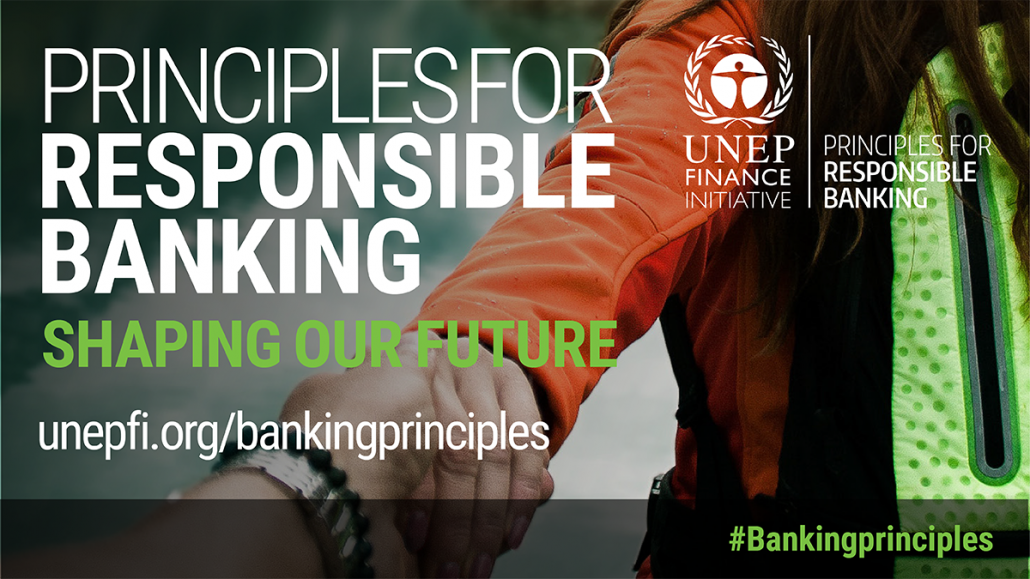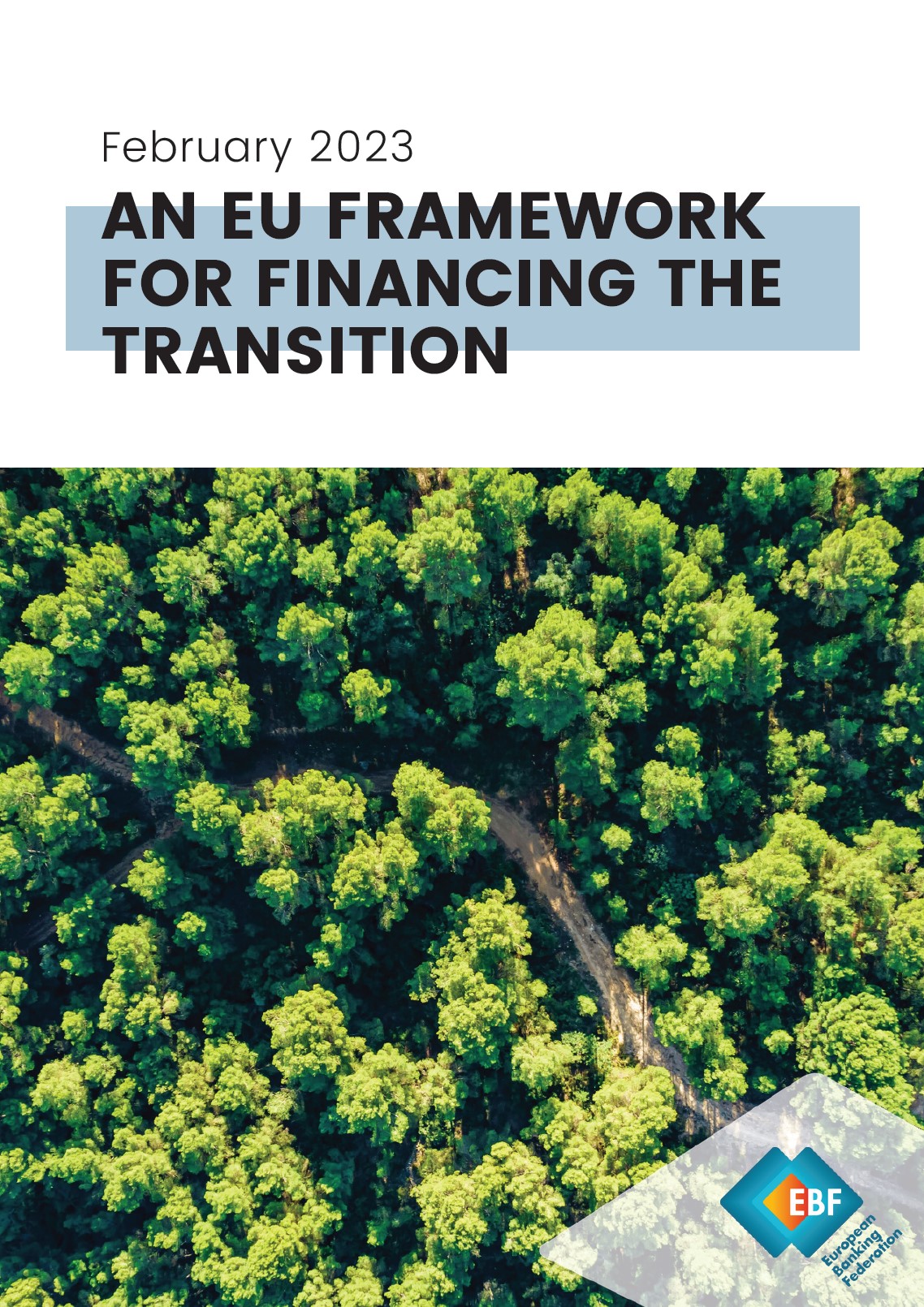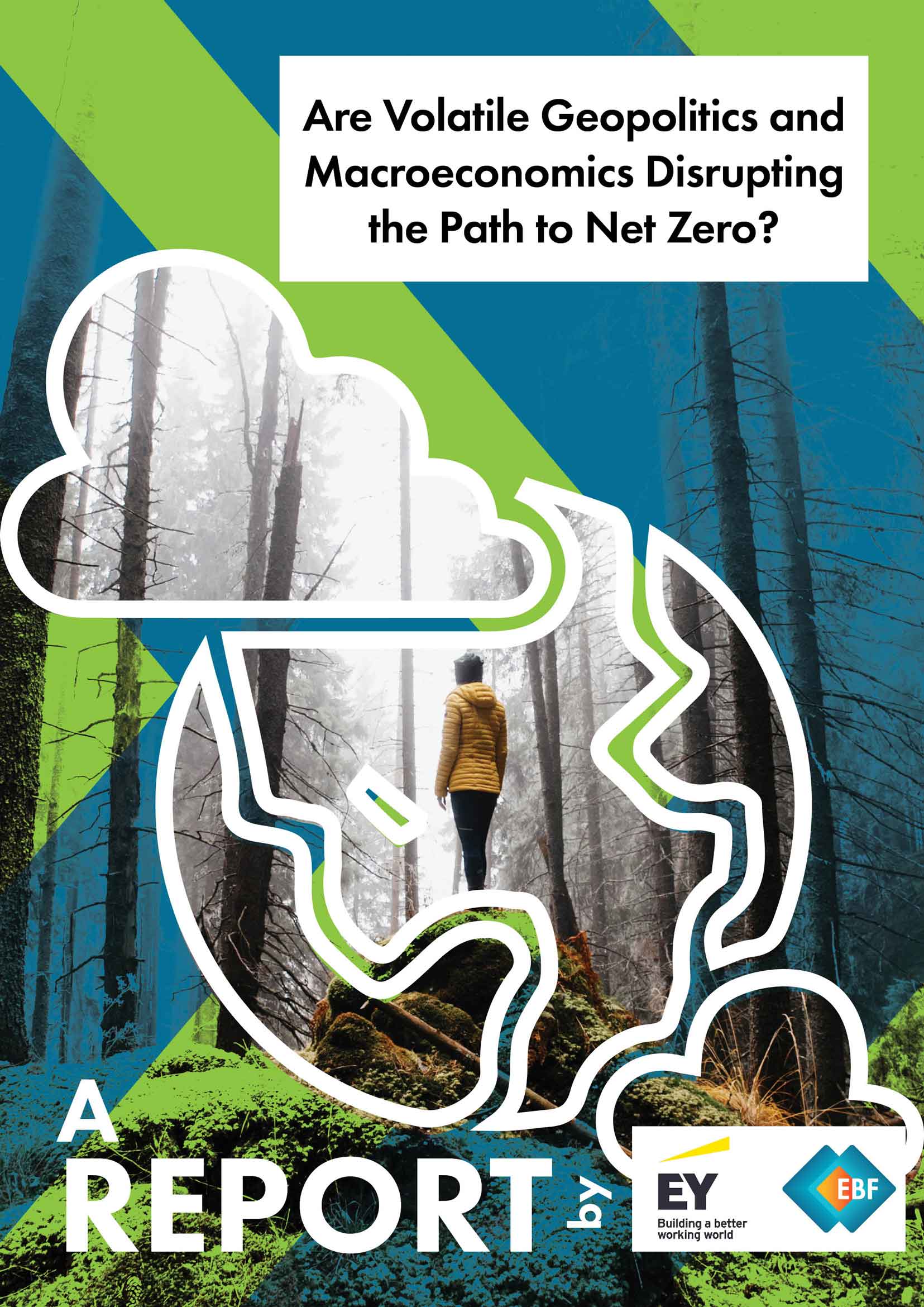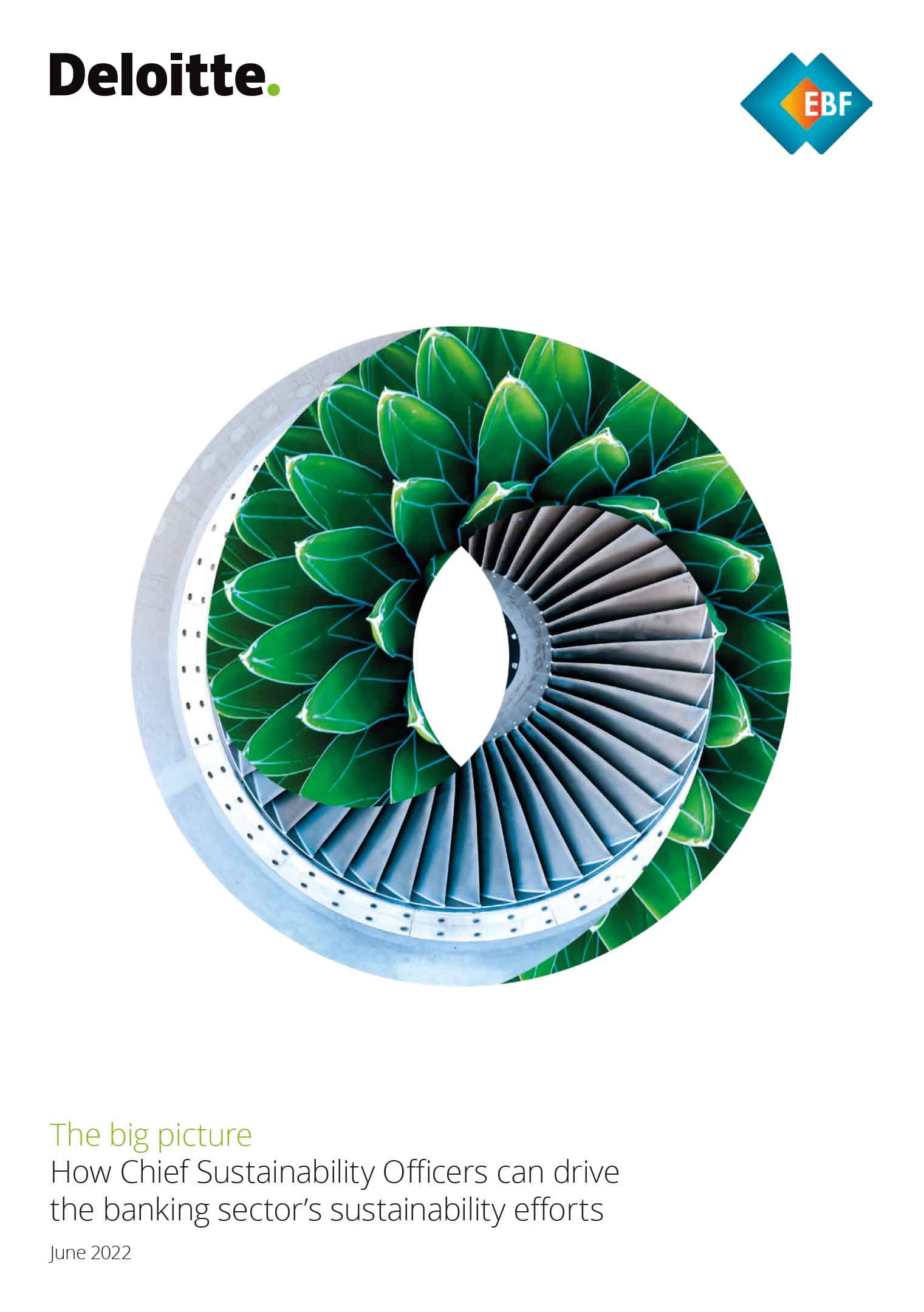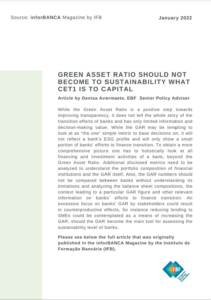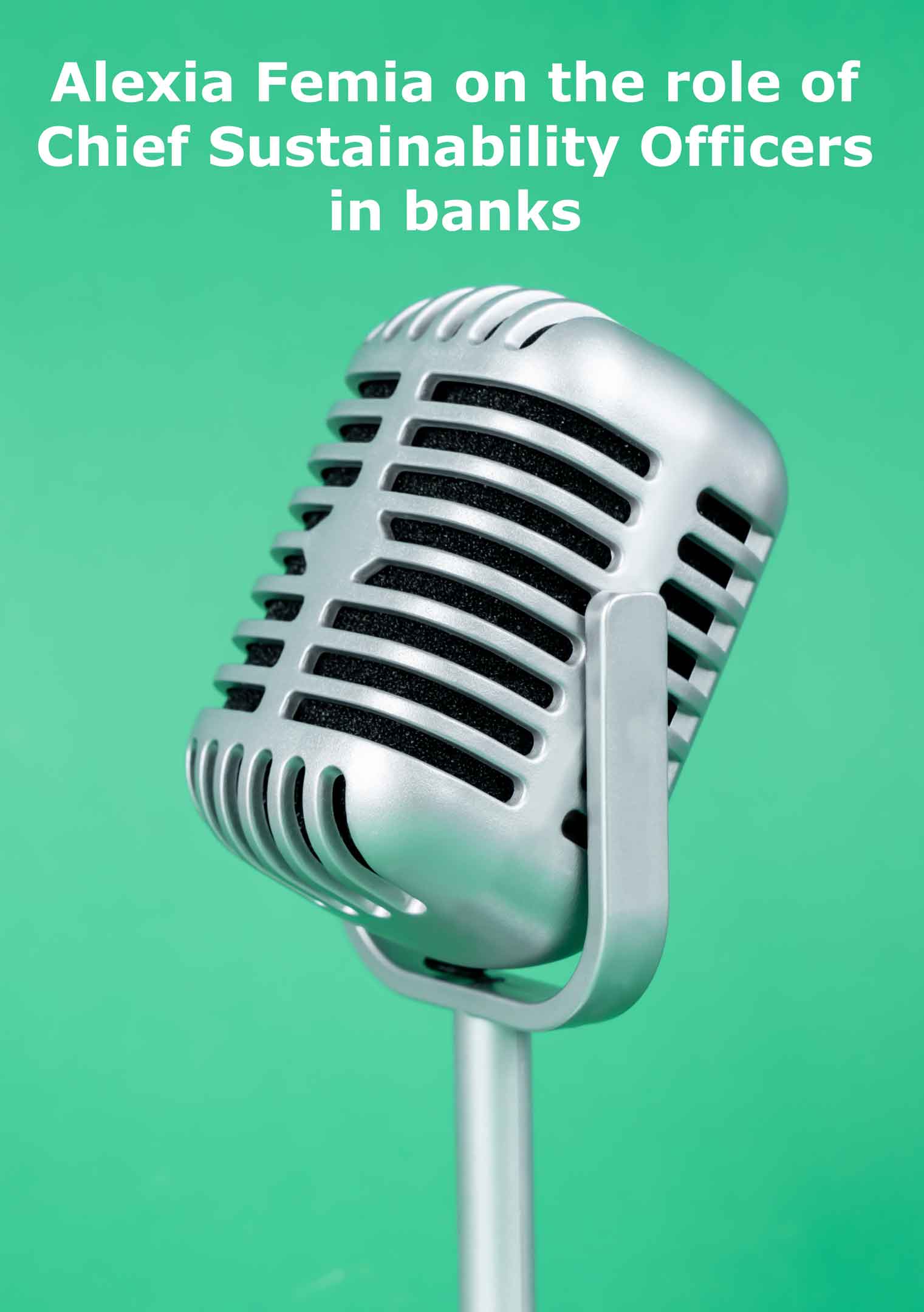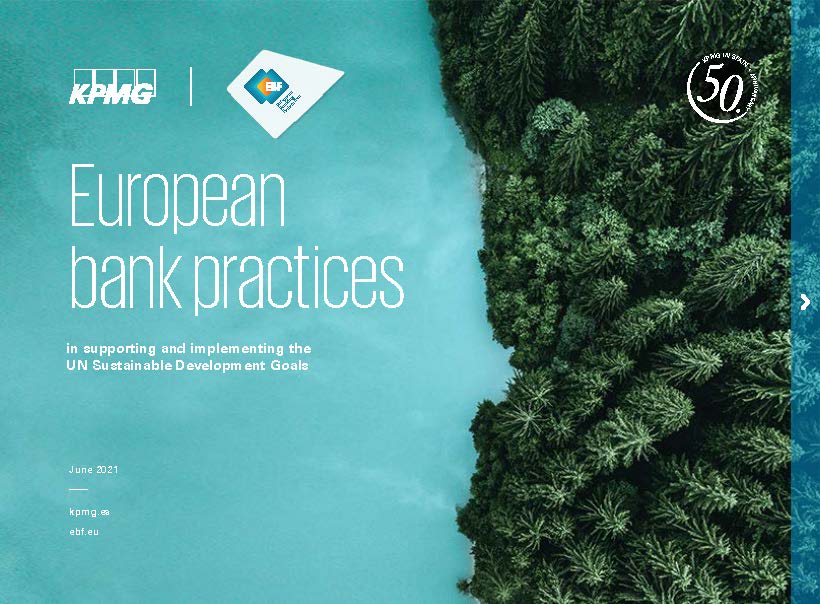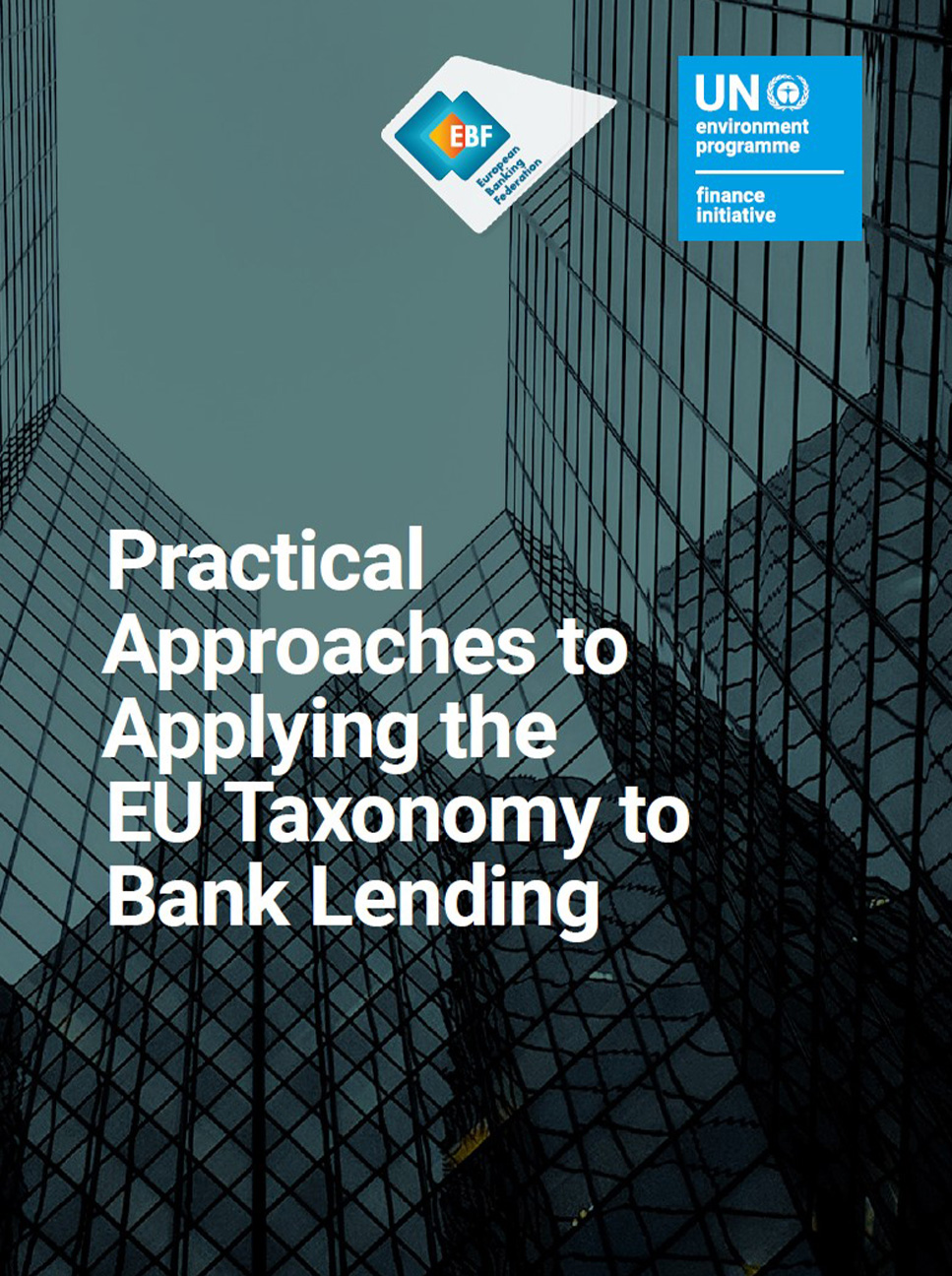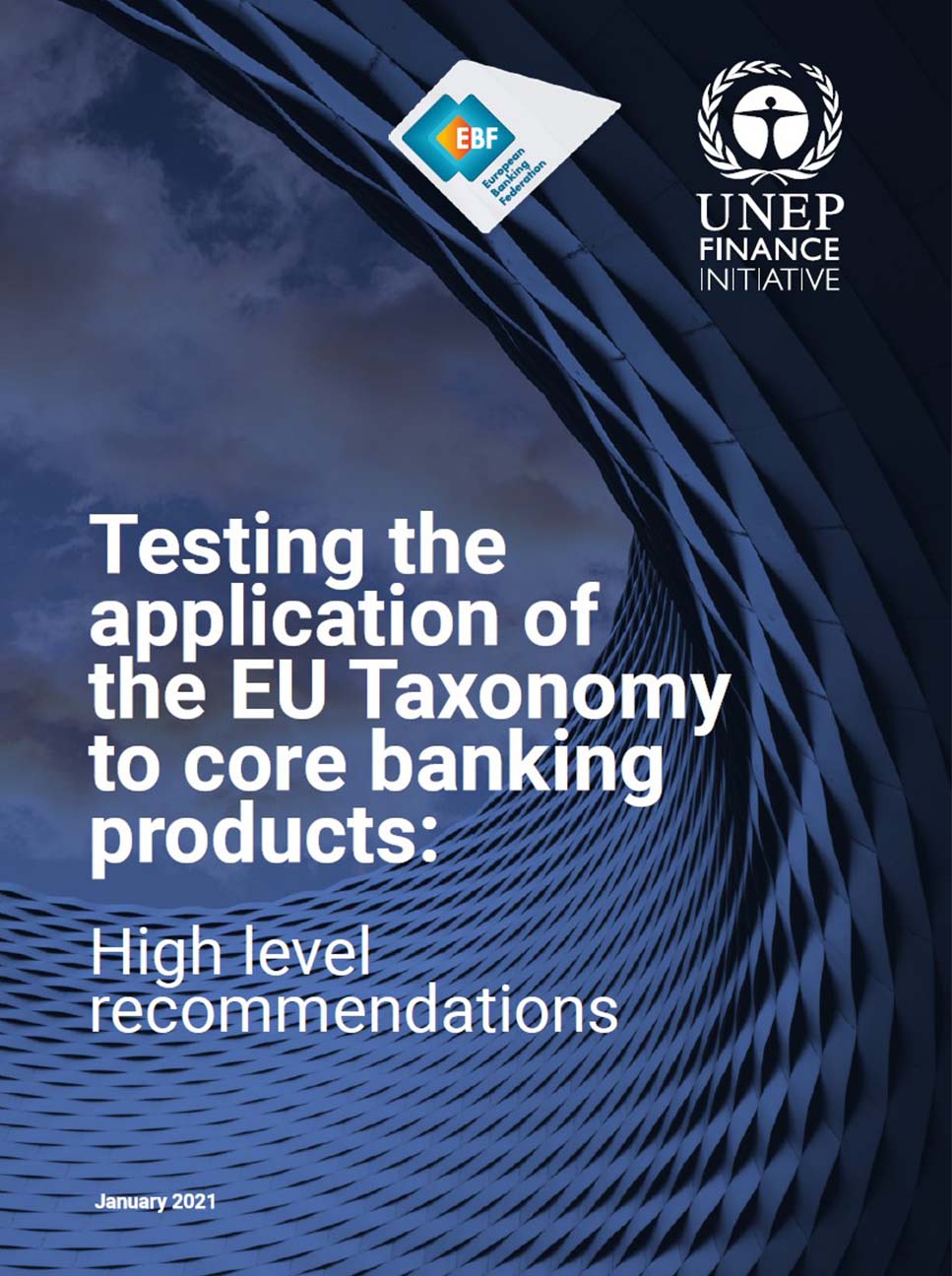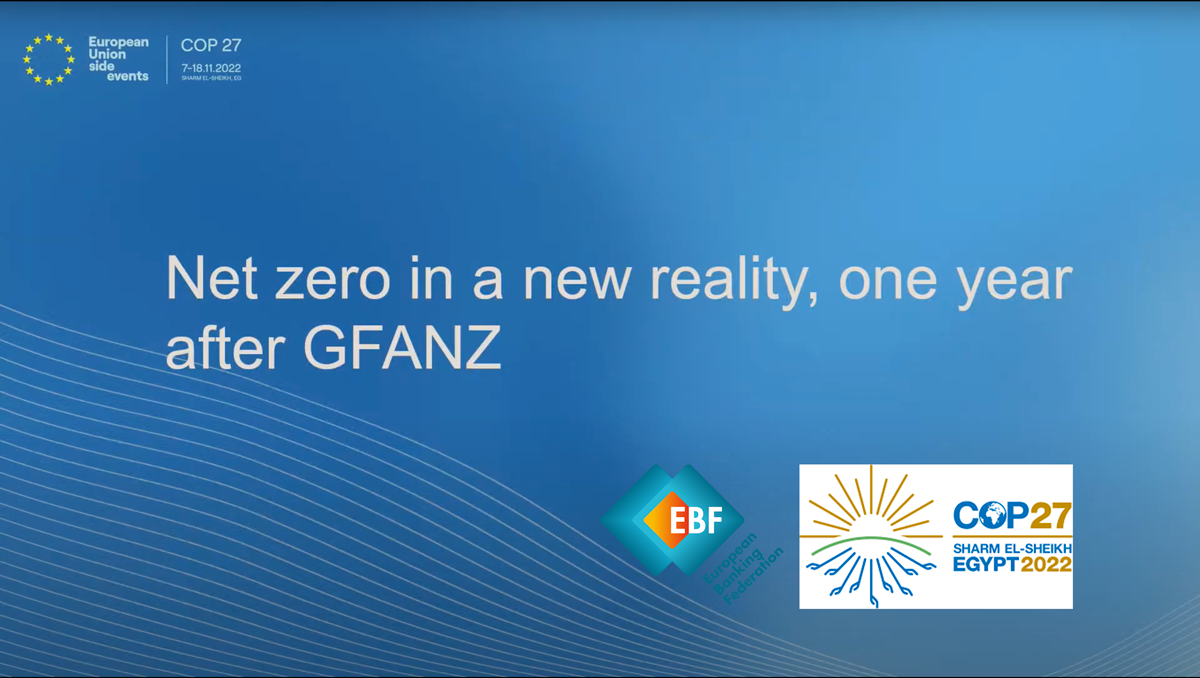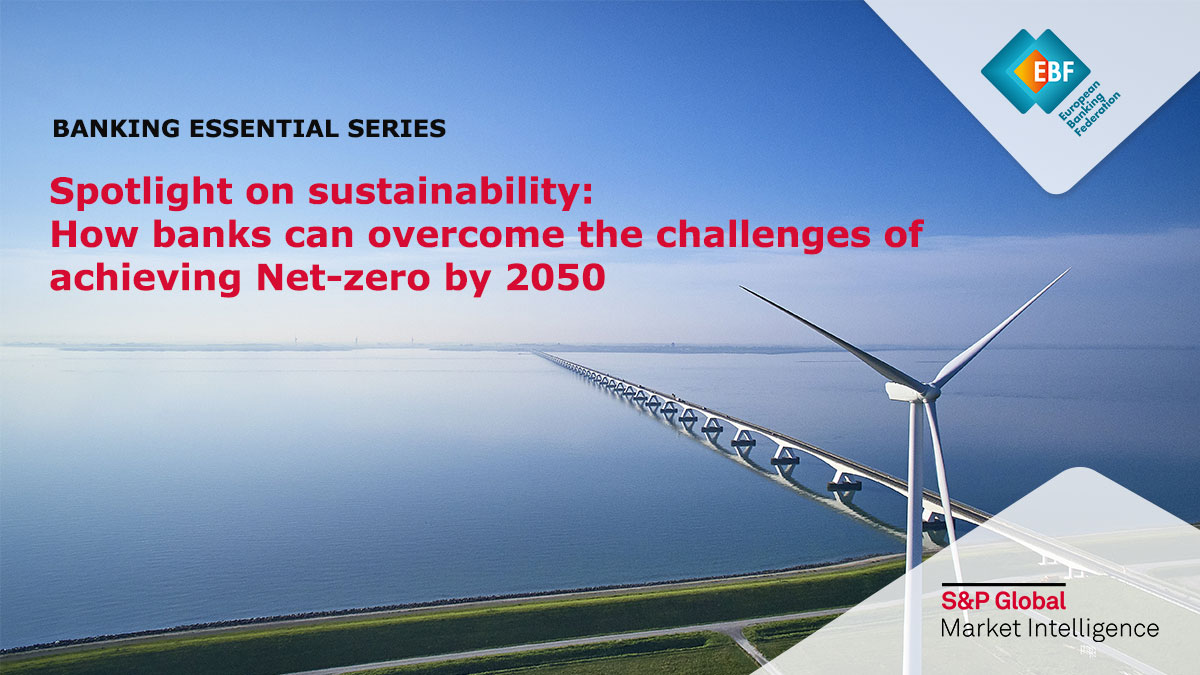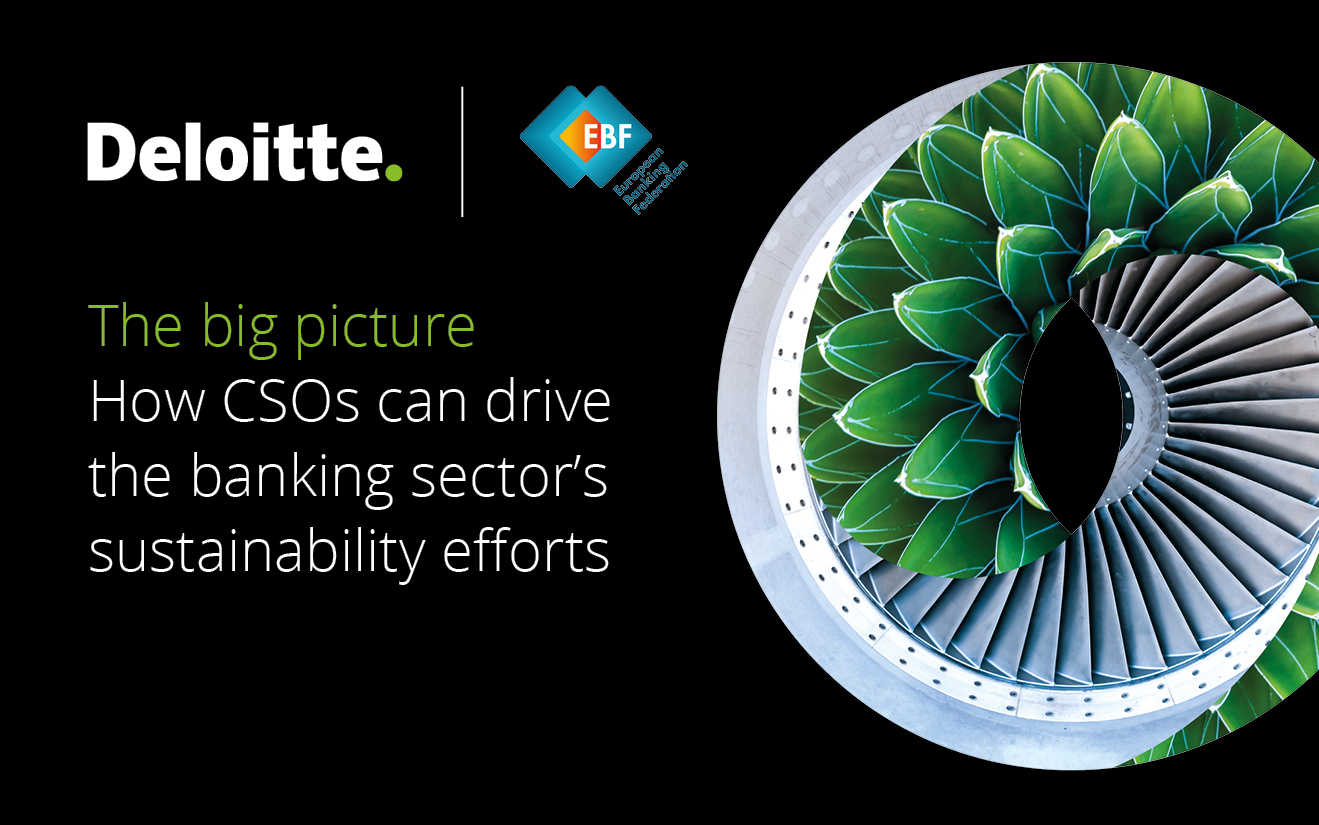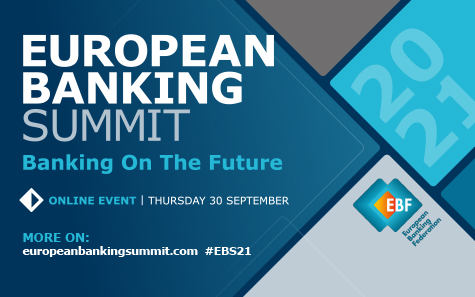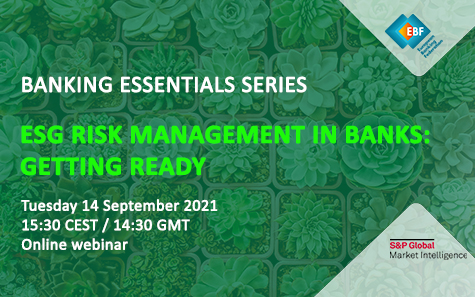 https://www.ebf.eu/wp-content/uploads/2021/02/Sustainability-resized-EBF-website.jpg
450
1365
Giosué Chessari
https://www.ebf.eu/wp-content/uploads/2016/08/logo-ebf.png
Giosué Chessari2024-04-22 13:08:192024-04-22 13:15:56EBF Response to the EBA Consultative Document Guidelines on ESG risks management
https://www.ebf.eu/wp-content/uploads/2021/02/Sustainability-resized-EBF-website.jpg
450
1365
Giosué Chessari
https://www.ebf.eu/wp-content/uploads/2016/08/logo-ebf.png
Giosué Chessari2024-04-22 13:08:192024-04-22 13:15:56EBF Response to the EBA Consultative Document Guidelines on ESG risks managementEBF Latest Position Papers on Sustainable Finance
EBF Position Papers per Topic
BENCHMARKS
 Proposed EU measures on Climate Transition and Paris-aligned benchmarks to address the risk of greenwashing and improve
Proposed EU measures on Climate Transition and Paris-aligned benchmarks to address the risk of greenwashing and improve
DATA, DISCLOSURES & REPORTING
 Relevant, reliable and comparable data are necessary not only to comply with the envisaged EU
Relevant, reliable and comparable data are necessary not only to comply with the envisaged EU
GREEN BONDS
 Green Bonds and Green Covered Bonds may prove instrumental in mobilising the bond market for climate
Green Bonds and Green Covered Bonds may prove instrumental in mobilising the bond market for climate
ECOLABEL
 The objective of the EU ecolabel is to increase the trust of retail investors in investing in financial products pursuing sustainability objectives.
The objective of the EU ecolabel is to increase the trust of retail investors in investing in financial products pursuing sustainability objectives.
Engaging
Principles for Responsible Banking
The EBF has been one of the first endorsers and keen promoters of the Principles for Responsible banking, giving their potential to substantially accelerate the banking industry contribution to Paris objectives and SDGs. Learn more
43 banks launch Net-Zero Banking Alliance as key part of consolidated Glasgow Cop Climate Action
The European Banking Federation (EBF) welcomes the global Net Zero Banking Alliance (NZBA) convened by the United Nations Environment Programme Finance Initiative (UNEP FI) together with 43 banks. The launch unites existing and new net-zero finance initiatives into one sector-wide strategic forum: The Glasgow Financial Alliance for Net Zero (GFANZ). The newly found alliance will work to mobilise trillions of dollars necessary to deliver goals outlined in the Paris Agreement. The founding banks have committed to ensuring engagement with clients on their green transition and decarbonisation, promoting real economy transition in addition to withdrawal from lending to unsustainable economic activities. Learn more
Finance against human trafficking
 EBF is collaborating with the Liechtenstein Initiative for Finance Against Slavery and Trafficking (FAST) to raise awareness and mobilize our members against modern slavery and human trafficking. FAST has worked with a number of EBF members, including the Liechtenstein Bankers Association – one of its project partners – the Dutch Banking Association and the Swiss Bankers Association to help financial institutions access practical tools to use in this effort.
EBF is collaborating with the Liechtenstein Initiative for Finance Against Slavery and Trafficking (FAST) to raise awareness and mobilize our members against modern slavery and human trafficking. FAST has worked with a number of EBF members, including the Liechtenstein Bankers Association – one of its project partners – the Dutch Banking Association and the Swiss Bankers Association to help financial institutions access practical tools to use in this effort.
Learn more: www.ebf.eu/priorities/financing-growth/sustainable-finance/finance-against-slavery-and-trafficking/
EBF sustainable finance team
Sustainablefinance@ebf.eu

Alexia Femia









